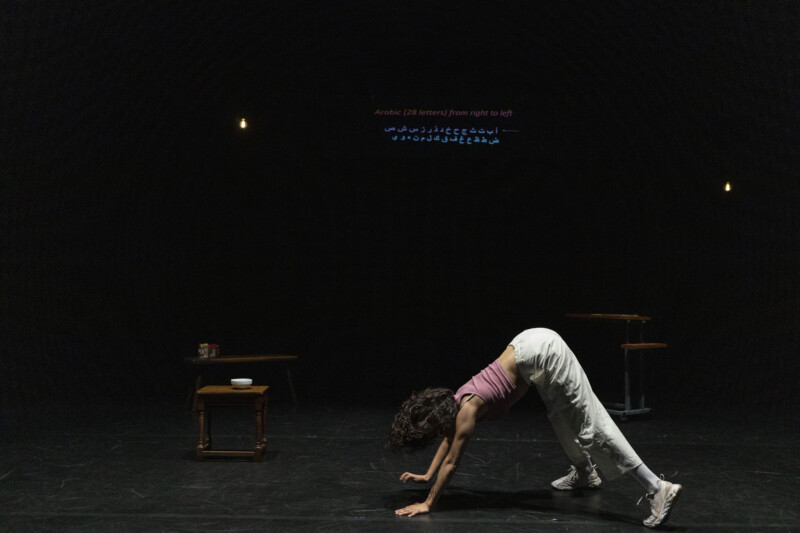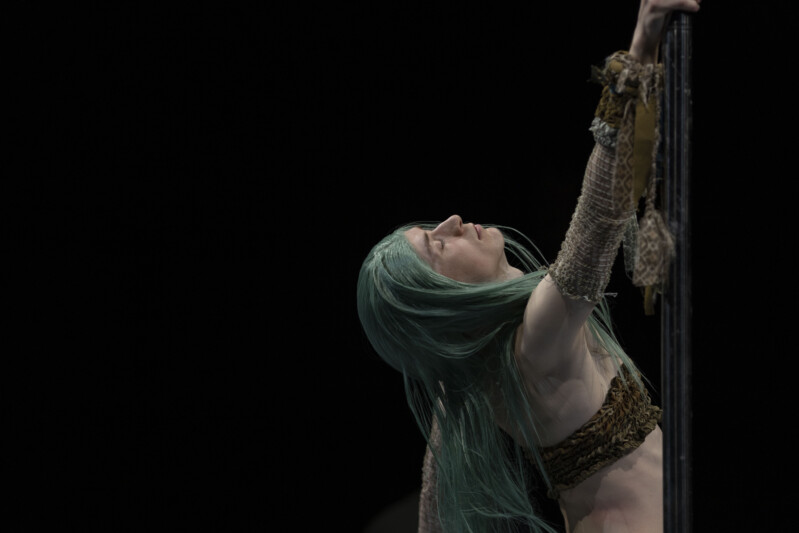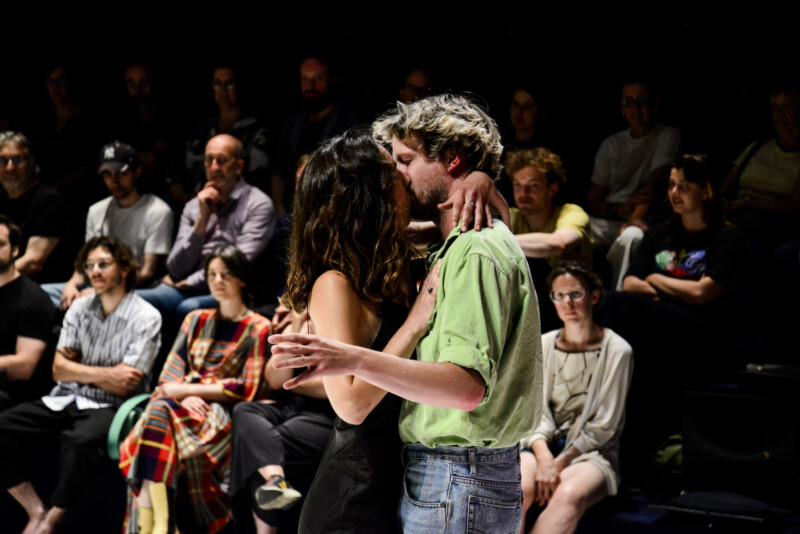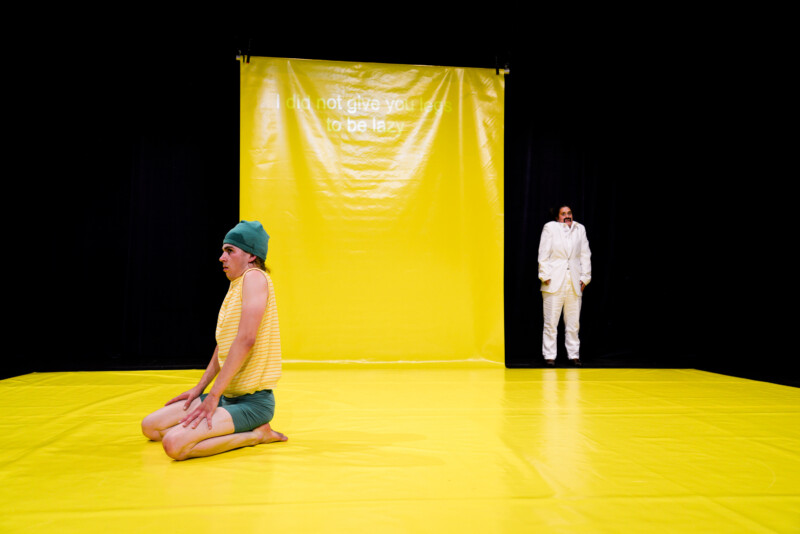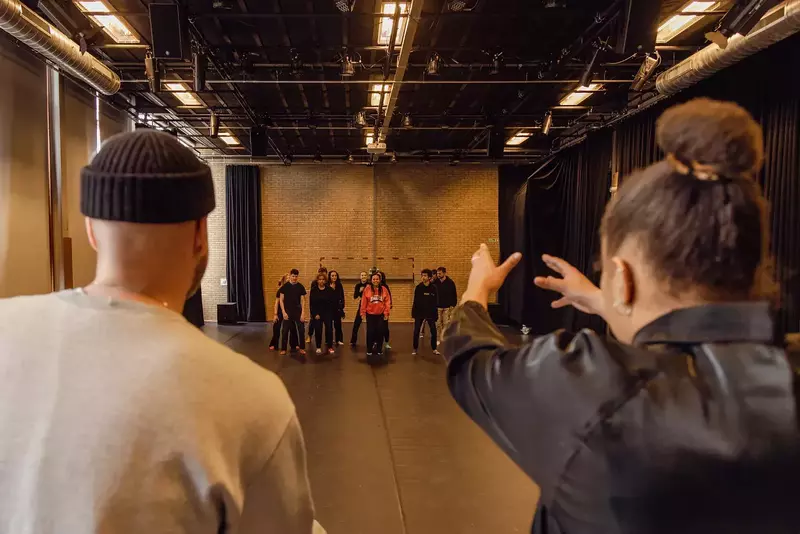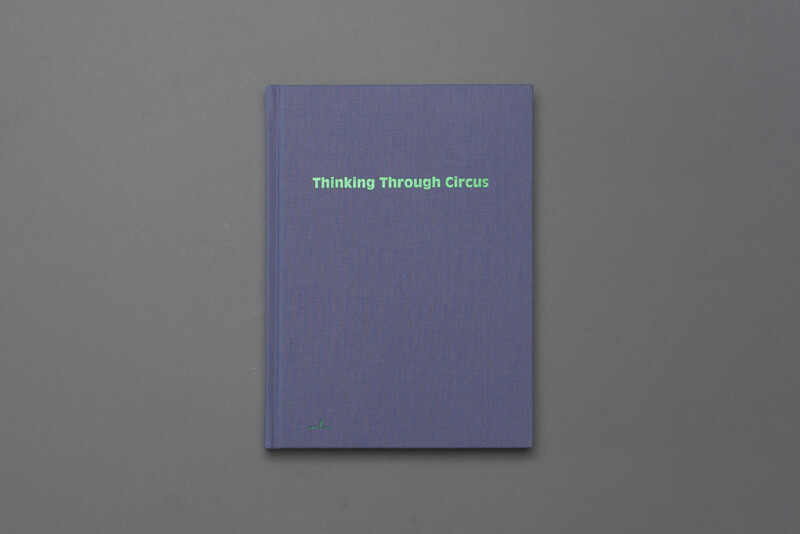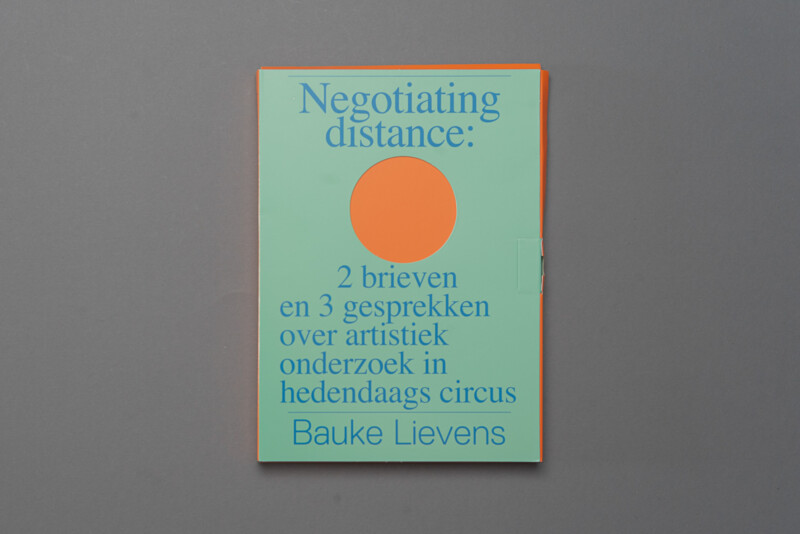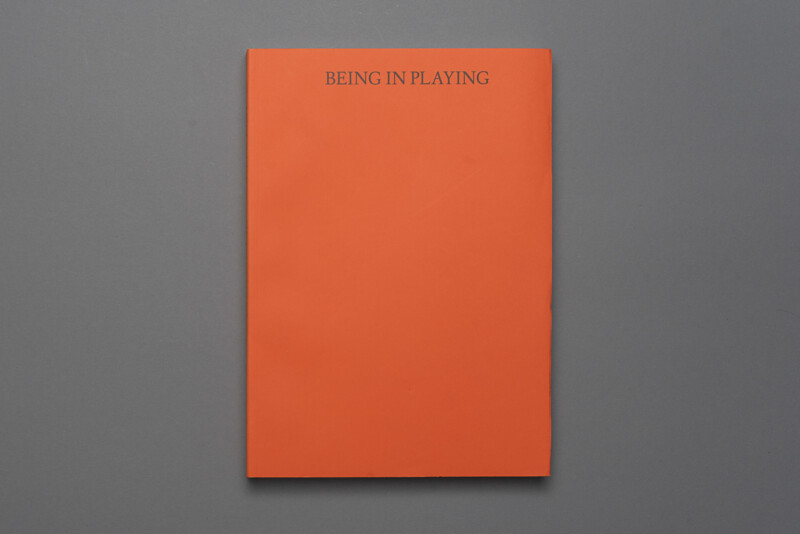drama
3+1 years
read more about the programme
The drama artist
The drama programme is committed to forming and guiding ‘drama artists’ (rather than performing actors, for example). Students do not yet have to decide at the start of the programme what forms of theatre they want to play or what functions they will fulfil within performances and/or creation processes. You do not focus on a specialised finality. There are no delineated majors. Instead, you first explore different aspects of theatre, experimenting with a variety of artistic forms and functions, so that you can gradually define your own personal (and in many cases hybrid) practice. As a theatre maker, player, writer, performer, director.
The ideal setting for personal artistic research
The programme combines intensive play and making training on the floor, with theoretical lessons and artistic coaching designed to lead to the development of an autonomous art practice. Daily play training forms the cornerstone of the first two years of the undergraduate programme. Through these training sessions that cover a variety of forms of play (from physical training to performing complex drama texts), you acquire the necessary basic competences. But more importantly, it provides an environment in which you can conduct personal research without reservations, individually and in groups. In this way, you build the necessary confidence, body awareness and insight into your own abilities and expand your boundaries. Sharing intense experiences forges strong mutual bonds. Experimenting and being allowed to fail are essential in this process. The emphasis is always on learning through experience. The work on the floor is supported by voice, speech and fitness training (with methods such as yoga and Alexander Technique), a thorough theoretical programme (philosophy, psychology, theatre history, literature, text and performance analysis) and the training component 'Research and Reflection', which bridges the gap between practice and theory.
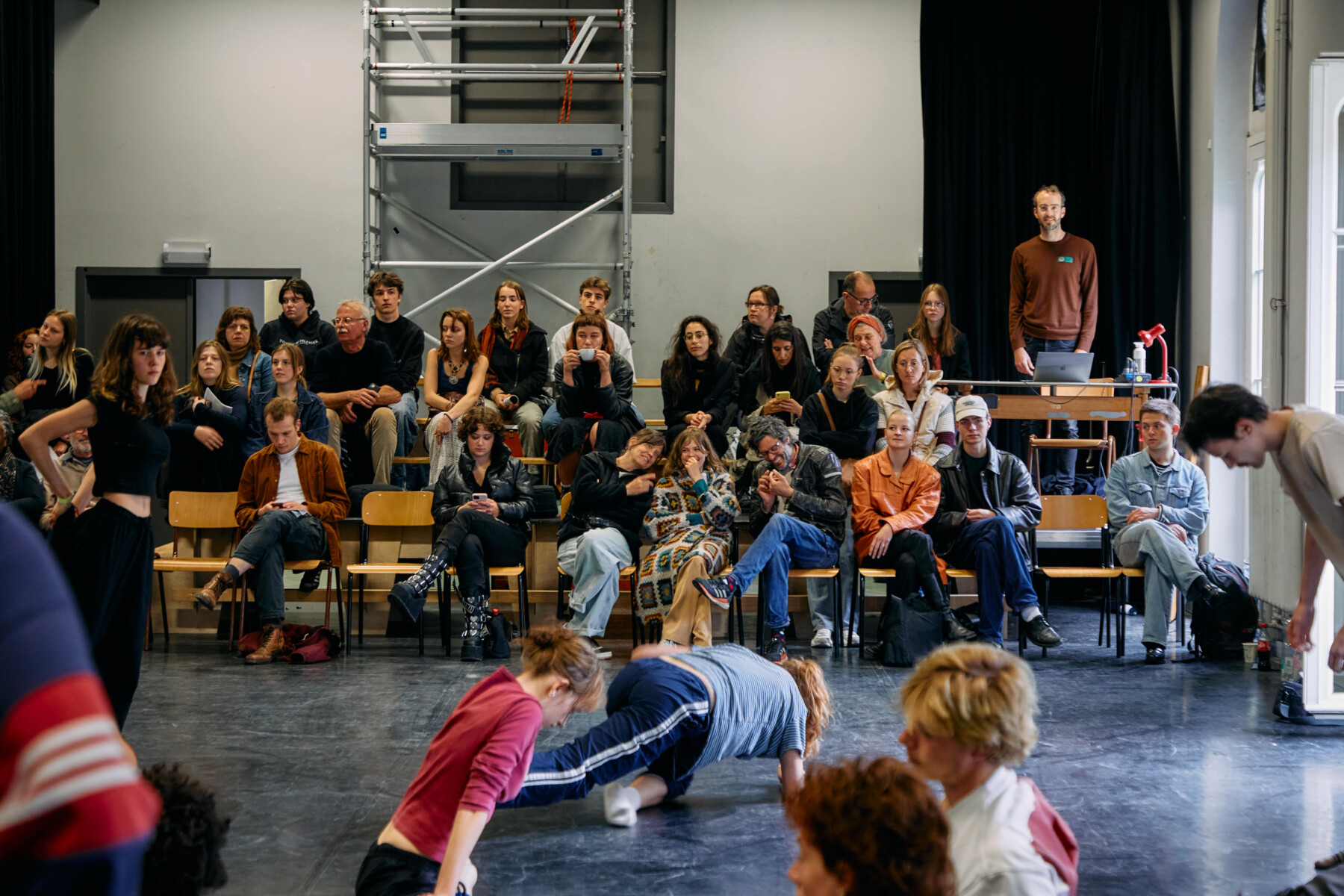
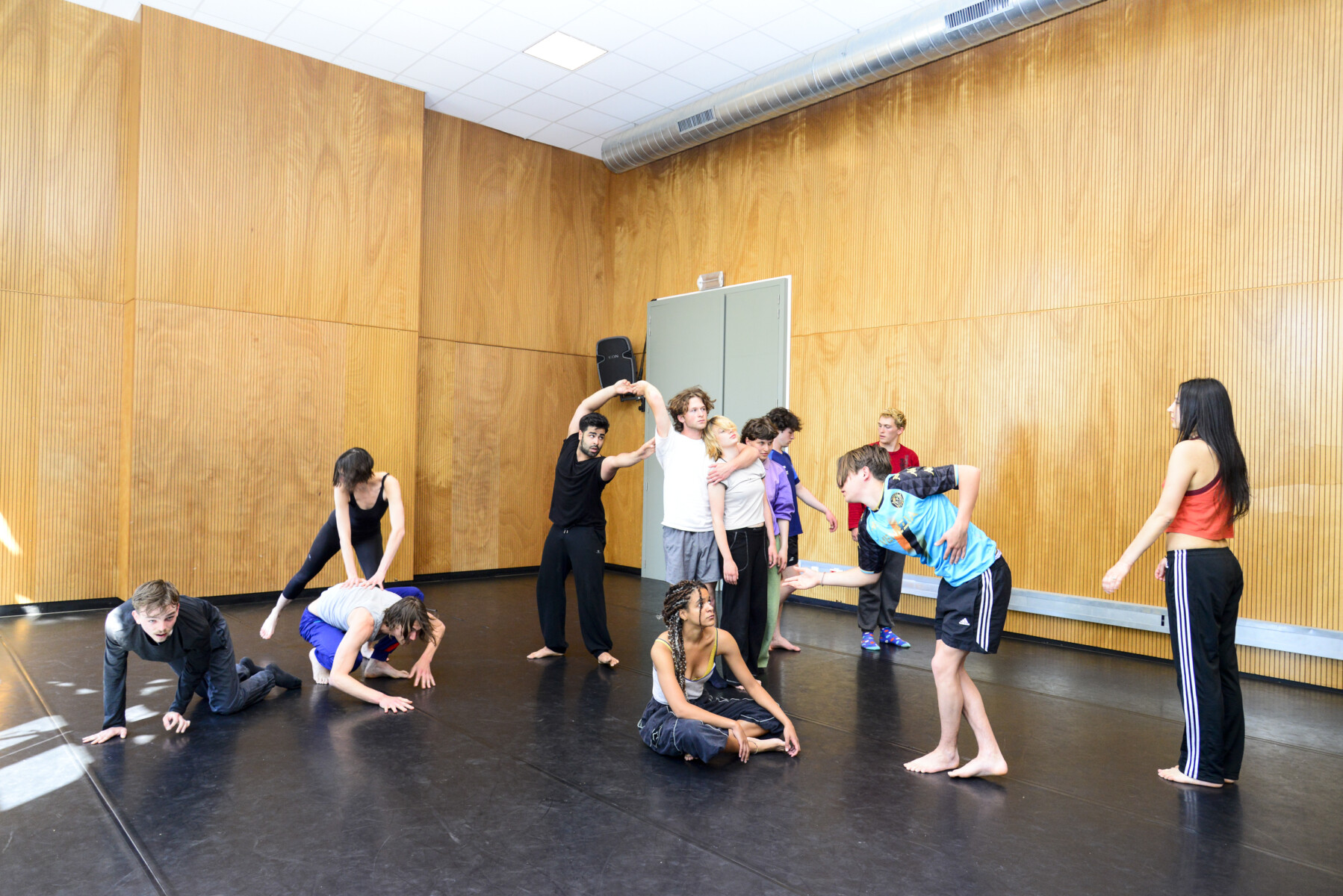
Throughout the programme, you will naturally create your own work. During the first two undergraduate years, you will create short projects, presented to an internal audience of fellow students and lecturers. From the third year onwards, the programme shifts from process-oriented to result-oriented, culminating in the autonomous development of an artistic research project in the master's programme. The third bachelor is a pivotal year in the transition from training to project-based work. Several artists with diverse signatures and backgrounds – theatre makers, actors, choreographers, dancers, performance artists – guide you in a drama project. As a student, you choose two or three projects to immerse yourself in and test your developing artistic identity in practice. You will also create your own project in collaboration with other students, co-creatively and under the intensive guidance of a team of coaches. Third bachelor's projects are shown publicly.
Besides training and artistic projects, several course units focus on critical reflection both verbally and in text. You learn to reflect and communicate on your own work, your personal experiences, the (performing) arts landscape and the social context in which they are situated. During the third bachelor, students can further sharpen their specific interests through the Minor (i.e. a cluster of subjects from other disciplines of the school of arts such as photography, installation, graphic art, etc.).
Your master project
In the master, you develop the research questions and trajectory for your graduation project. Two artistic and one theoretical mentor will guide you in this process. In master classes with established artists, they provide additional research and creative tools to support your project and trajectory.
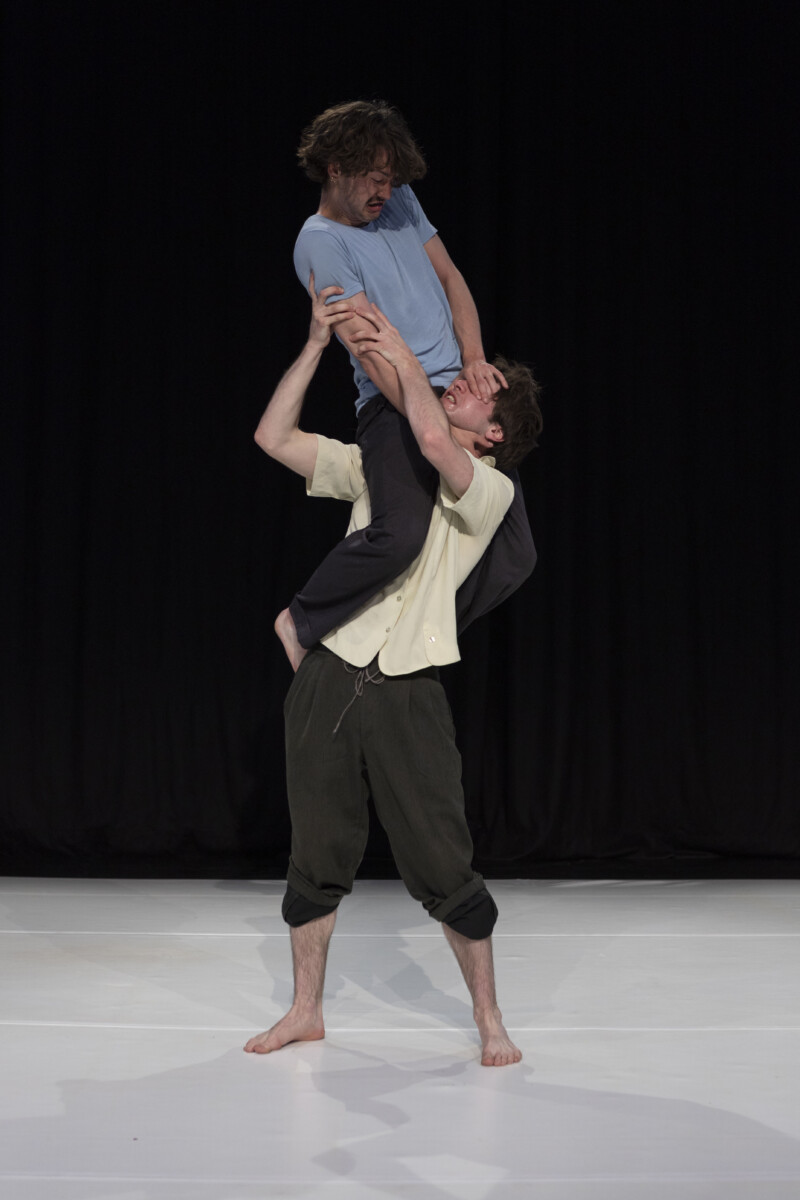
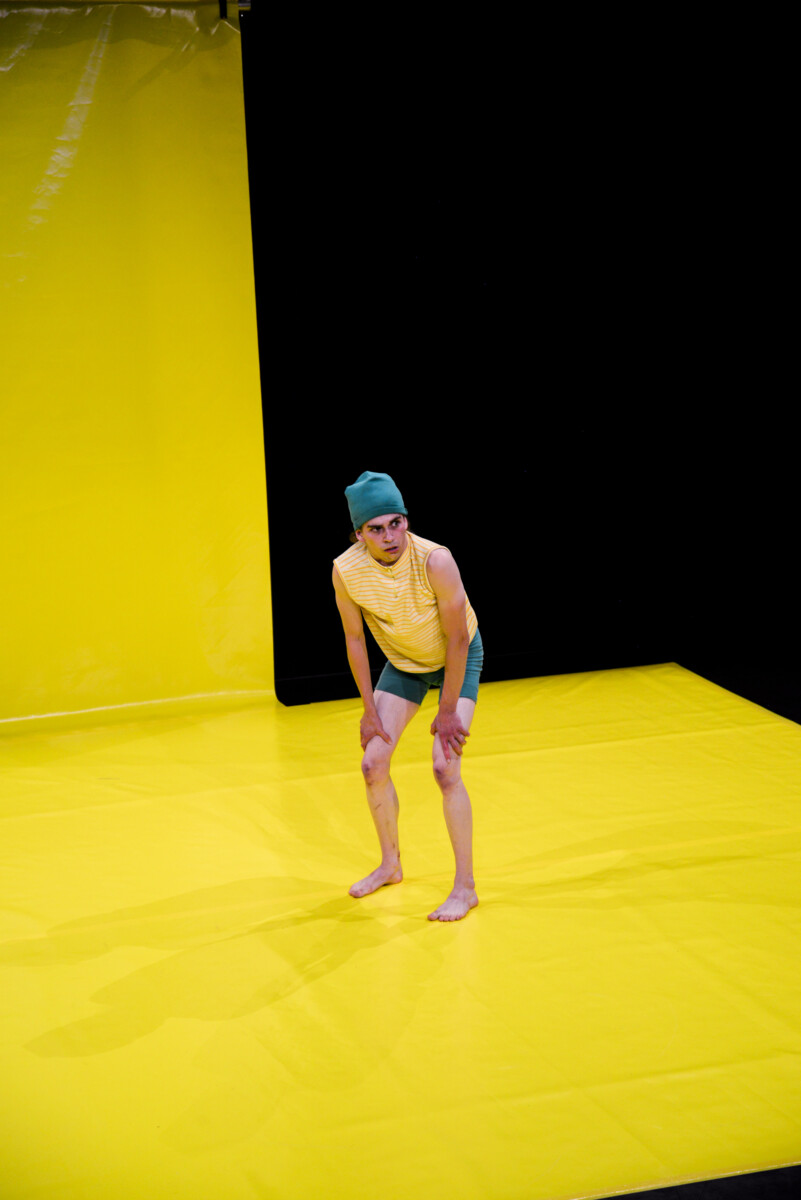
The skills you acquired in the bachelor's programme will be deepened in the master's programme, where the interweaving of theory and practice is crucial. Theoretical seminars, an internship in the professional field, writing a thesis, excursions, meetings with artists and mentors complete your artistic and critical personality. Collaboration is crucial in the master's thesis. After all, an (artistic) practice always develops in connection with others. The programme builds bridges between the school and the professional field. There, as a 'master in drama', you will develop a form of dramatic art as an independent young artist that raises questions but also looks for answers. A creator who critically reflects on the world but also speculates on new possibilities and meanings and designs innovative ways to position himself as an artist in a complex world.
teachers
study programme
enrolment & tests
how do you register for the bachelor's degree?
see the dates and assignments for the test
how do you register for the test master's degree?
see the dates and assignment for the test
If you want to apply for an academic bachelor's, you must first pass an artistic admission test. To enter the master's programme, you will take part in an orientation test. These are organised several times per academic year.
We do not organize the English master programme in drama anymore.
quality assurance
KASK & Conservatorium's programme in drama has been assessed against the internationally recognised standards of MusiQuE in 2023.
VOORSTELLINGEN
You can come and see young theatrical talent in the various KASK Drama projects. Up-and-coming theater makers, players and performers make idiosyncratic productions that can be seen throughout the year at various locations in and around Ghent.
You can find all planned and past performances at kaskdrama.be. In the gallery below, we highlight some special projects.
credits
- Jarne Van Loon, ICQ, photo: Nora Vanderstraeten
- video: Manon De Sutter & Charles Dhondt










